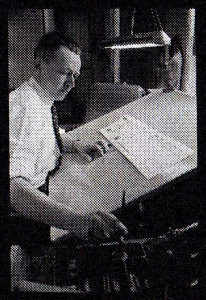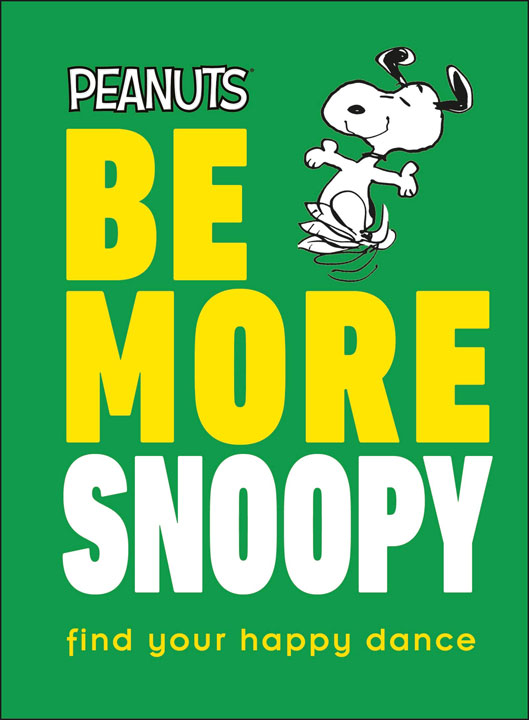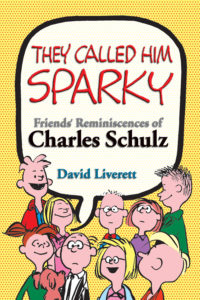Thoughts on the Schulz Centennial
- By : Nat
- Category : Schulz/Peanuts news

You would think that I would’ve had a blog post ready to go for this monumentous day, the 100th anniversary of the birth of Charles M. Schulz. But no, I am sitting here on the day, chewing on leftover turkey and putting together my thoughts. And certainly, Schulz has had a major impact on my life, from helping to cause my early love of the comics form to being a core part of my career.
On the other hand, I might be assumed to have said all I have to say about the man and his work. After all, I spent months this year co-writing the book released by his Museum for his centennial, the sixth book I’ve written on the topic of him and/or his work. I’ve spent decades blogging about Peanuts, wrote text for books I publish of his non-Peanuts work, done interviews, and so forth and so on. But much of that effort was focused on the details, the minutia; what was the address of his father’s barbershop? What’s up with this punctuation choice? I spend little dwelling on the bigger picture.
Schulz said that the way to know his was through his work, and even though I have talked with many people who knew him, including family, those who worked for him, and his fellow cartoonists, I still find that to be true. At least, that’s how I know Schulz.
 Charles Schulz did not set out to create a half-century epic. He was trying to make his living doing single-panel gags. Perhaps the greatest thing that ever happened to him was when the comics syndicate told him they didn’t want a panel, they wanted a strip. That’s what caused him to make continuing characters, with personalities that would become fleshed out and highlighted over decades. That’s what made him build his work not just with the funny moment, but with the linger. Giving the characters time to process situations internally helped the audience to take that trip with them, to recognize their own emotional processes that matched. His giant creation was built without blueprint, one brick at a time.
Charles Schulz did not set out to create a half-century epic. He was trying to make his living doing single-panel gags. Perhaps the greatest thing that ever happened to him was when the comics syndicate told him they didn’t want a panel, they wanted a strip. That’s what caused him to make continuing characters, with personalities that would become fleshed out and highlighted over decades. That’s what made him build his work not just with the funny moment, but with the linger. Giving the characters time to process situations internally helped the audience to take that trip with them, to recognize their own emotional processes that matched. His giant creation was built without blueprint, one brick at a time.
In those tens of thousands of panels, Schulz explored a lot of humanity – its kindnesses and its cruelties, its hopes and its frustrations, it flights of joy and its unrealistic expectations. He was able to convey these things because he understood them, because he lived them. He was a good man but not a perfect one, both self-effacing and egotistical in ways. And he had a success beyond any that he could recognize. Li’l Abner became a footnote even while it was still coming out. Popeye remains a things that people are aware of but with no visible importance. Peanuts, on the other hand, is still very much not only part of the culture but an influence on new creative folks, decades after the strip came to an end with the death of its creator. The presence of the strip made up roughly the center of those 100 years, its impact seems likely to last for generations to come.
Schulz took his success and used it to promote such things as women’s sports and racial acceptance. He took a journey through faith and shared many of his findings on the comics page. He may have seen himself primarily as creating Stuff To Sell Newspapers, but he has had an impact on the culture and the language that few achieve.
I’m glad that I get to live in a world where Charles Schulz has been.





